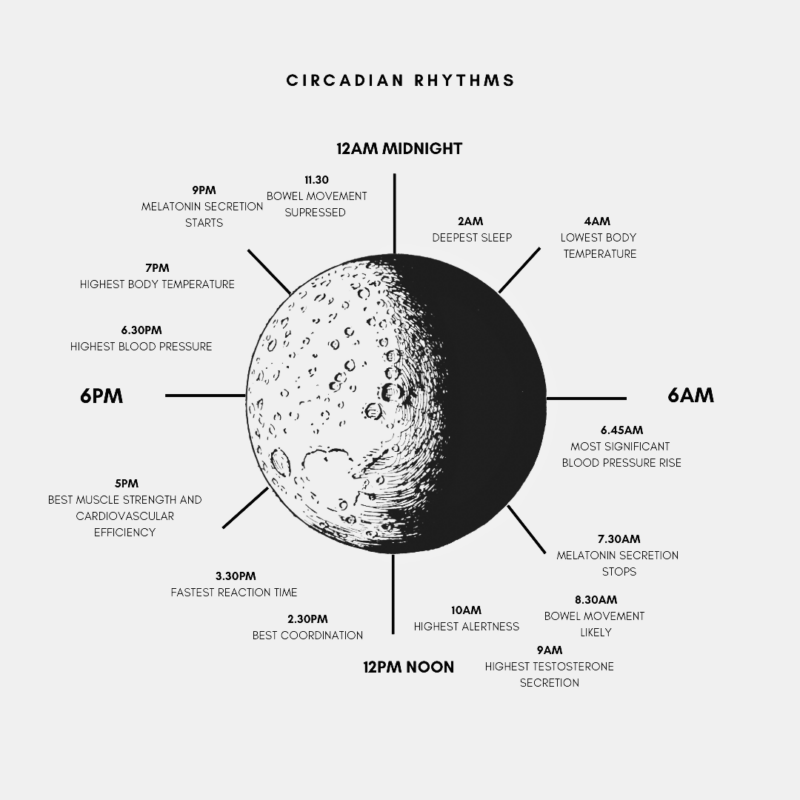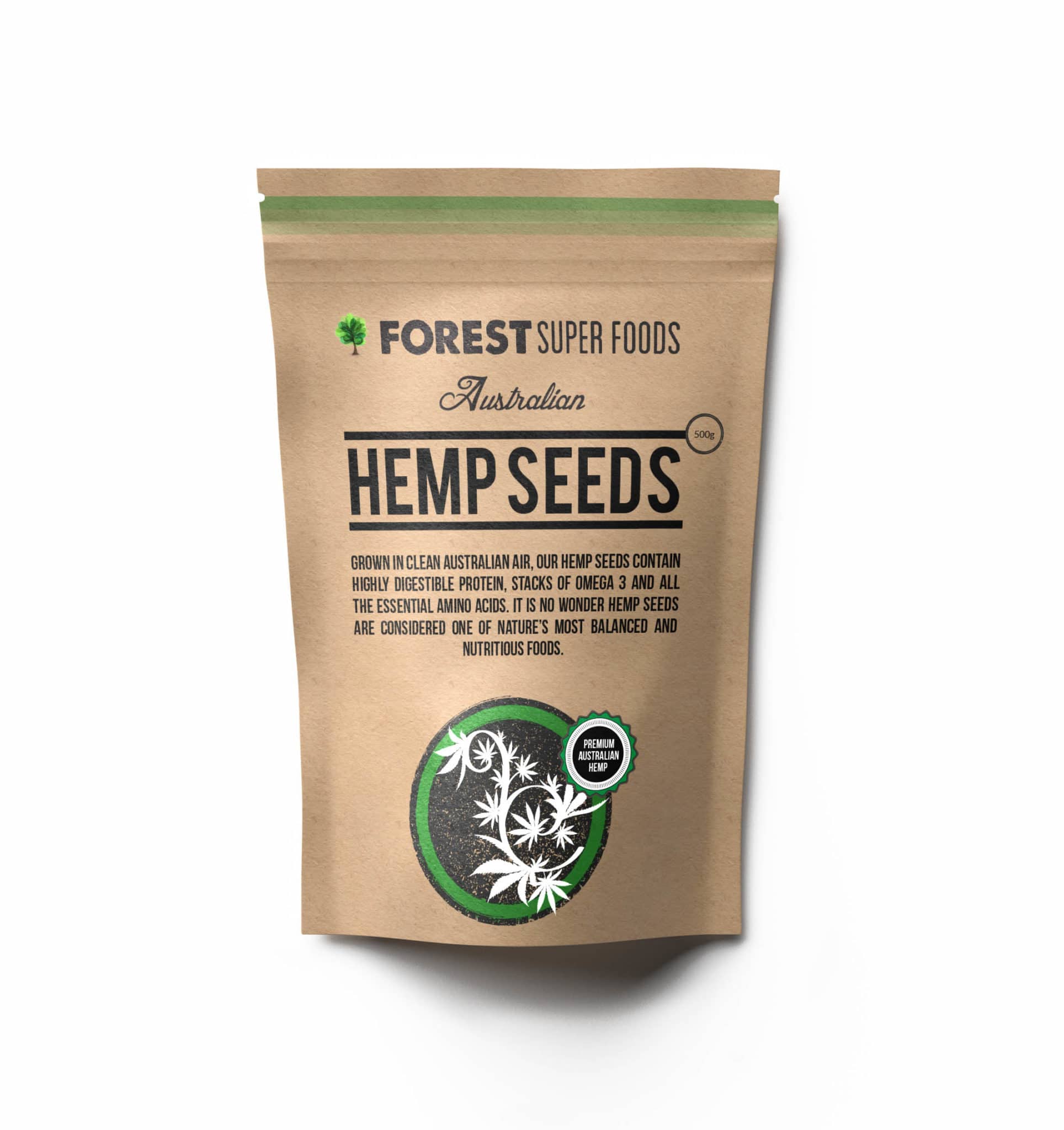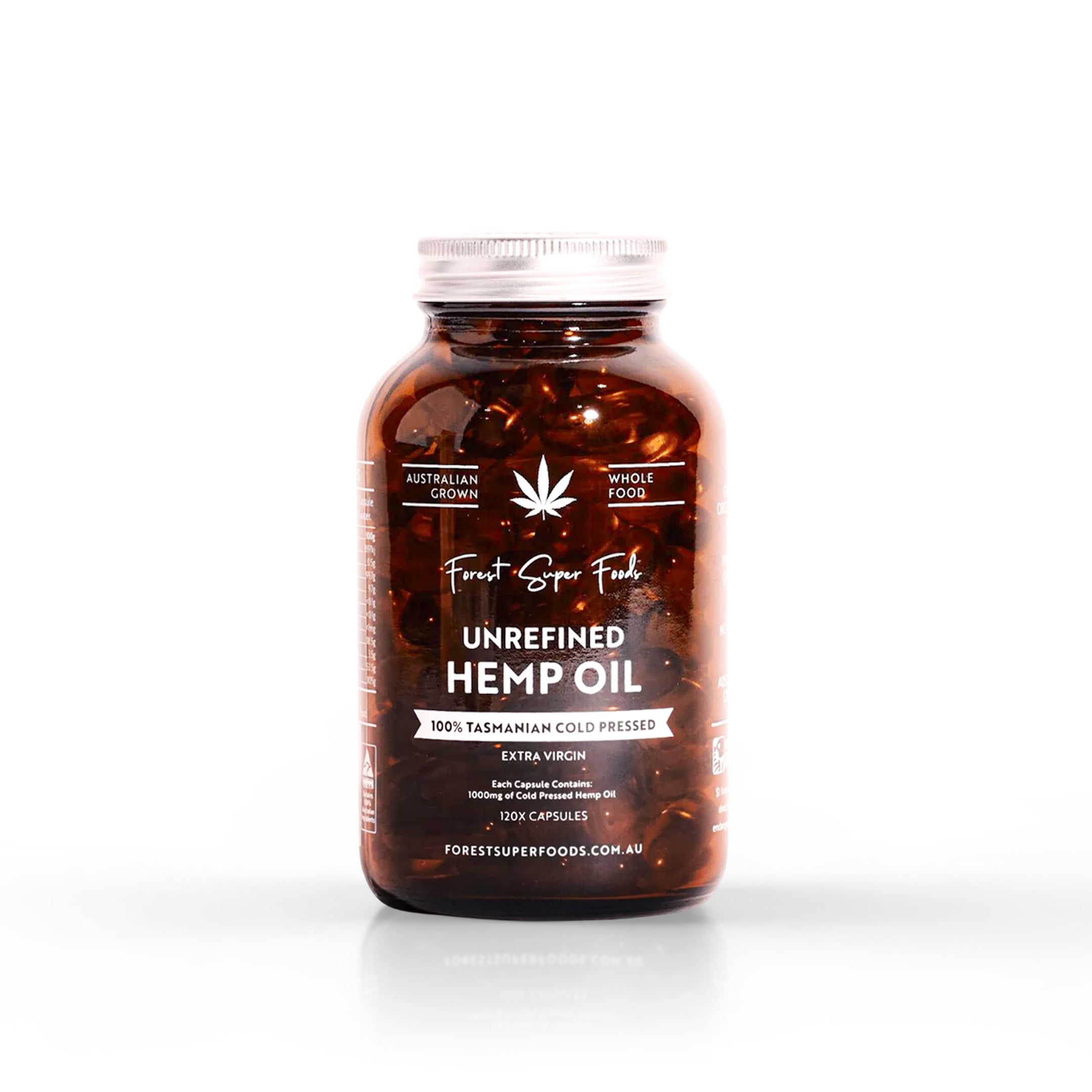I definitely try and steer clear from this topic, its over discussed, over simplified and generally speaking click baity.
I do realise though that its a very popular topic and so I decided without getting too technical I’d offer some knowledge on one facet of weight loss- a really significant one- hormones and what you can do to help regulate your hormones better ( which will help with weight loss), break down some ideas about it and offer healthy ways to improve weight loss on a cellular level.
We can’t underestimate the role of hormones—especially insulin, cortisol, and ghrelin—in weight gain and loss. Balancing these hormones through diet and lifestyle changes is key to maintaining a healthy weight. Elevated insulin levels can make it difficult to burn fat, while cortisol spikes (from stress) can trigger cravings and fat storage.
So lets start there.
Insulin: The Fat Storage Hormone
Insulin is a hormone produced by the pancreas that helps regulate blood sugar (glucose) levels. After you eat, insulin is released into the bloodstream to help cells absorb glucose for energy or storage. However, when insulin levels are chronically high—often due to a diet high in refined carbohydrates and sugars—this can lead to insulin resistance, a condition where cells don’t respond effectively to insulin. As a result, blood sugar remains elevated, prompting the body to produce even more insulin.
How Elevated Insulin Affects Weight:
- Promotes Fat Storage: High insulin levels signal the body to store excess glucose as fat, particularly in the abdominal area. It also inhibits the breakdown of fat (lipolysis), making it harder for the body to use stored fat for energy.
- Prevents Fat Burning: When insulin levels are elevated, the body remains in a fat-storage mode, and it becomes difficult to access fat reserves for energy. This can make weight loss challenging, even if you’re consuming fewer calories.
- Increases Appetite: Insulin can influence hunger signals by affecting other hormones like leptin (the hormone that tells your brain you’re full). High insulin levels can blunt leptin sensitivity, leading to increased hunger and overeating.
How to Balance Insulin:
- Limit Refined Carbohydrates: Reducing intake of refined sugars and processed foods that cause blood sugar spikes can help keep insulin levels stable. Focus on whole grains, vegetables, healthy fats, and lean proteins.
- Eat Balanced Meals: Including healthy fats, fibre, and protein in every meal can help slow down the absorption of carbohydrates, preventing insulin spikes.
- Intermittent Fasting: Periods of fasting can improve insulin sensitivity and give the body time to lower insulin levels, promoting fat burning.
2. Cortisol: The Stress Hormone
Cortisol is a hormone produced by the adrenal glands in response to stress. It helps the body manage stress by providing a quick source of energy (through the release of glucose) and regulating various body functions, including metabolism and immune response. While cortisol is essential for survival, chronic stress can lead to consistently high cortisol levels, which can disrupt metabolism and contribute to weight gain.
How Elevated Cortisol Affects Weight:
- Triggers Fat Storage: Cortisol can increase fat storage, particularly around the midsection. This visceral fat is more metabolically active and is associated with a higher risk of metabolic diseases.
- Increases Cravings: Cortisol can lead to cravings for high-calorie, sugary, and fatty foods. When the body is under stress, it seeks “quick fuel” to cope, which can result in overeating and poor food choices.
- Slows Metabolism: Prolonged high cortisol levels can impair thyroid function, leading to a slower metabolism, which makes weight loss more difficult.
- Promotes Muscle Breakdown: Elevated cortisol can also lead to the breakdown of muscle tissue, reducing lean body mass, which is crucial for maintaining a healthy metabolism.
How to Balance Cortisol:
- Manage Stress: Regular practices like mindfulness, meditation, deep breathing, and yoga can help reduce chronic stress and keep cortisol levels in check. Struggling to manage stress get Ashwagandha
- Prioritise Sleep: Poor sleep is a major stressor that can increase cortisol levels. Aim for 7-9 hours of quality sleep each night to promote hormone balance.
- Exercise Moderately: While exercise is beneficial, intense or prolonged workouts can raise cortisol levels. Incorporate moderate physical activity, such as walking, swimming, or strength training, while also allowing for recovery.
3. Ghrelin: The Hunger Hormone
Ghrelin is known as the “hunger hormone” because it stimulates appetite and signals the brain when the body needs food. Ghrelin levels rise when the stomach is empty and decrease after eating, helping to regulate meal timing. However, in some cases, ghrelin can become dysregulated, leading to increased hunger and difficulty managing portion sizes.
How Elevated Ghrelin Affects Weight:
- Increases Hunger: When ghrelin levels are high, you feel hungrier and are more likely to consume more food than necessary. This can lead to overeating, especially when combined with stress or emotional triggers.
- Reduced Sensitivity After Weight Loss: After losing weight, ghrelin levels tend to increase as the body tries to regain its previous fat stores. This is why maintaining weight loss can be challenging, as hunger signals become louder and more significant.
How to Balance Ghrelin:
- Eat Protein-Rich Foods: Protein has been shown to suppress ghrelin more effectively than carbohydrates or fats, helping to keep hunger at bay for longer. Including high-quality proteins like eggs, lean meats, legumes, or plant-based proteins can regulate appetite.
- Get Enough Sleep: Lack of sleep has been linked to higher ghrelin levels, leading to increased hunger and cravings. Prioritising good sleep hygiene can help keep this hormone in balance.
- Eat Smaller, Frequent Meals: Spacing out meals throughout the day, rather than going long periods without eating, can help prevent ghrelin spikes and keep hunger levels stable.
The Interplay of Insulin, Cortisol, and Ghrelin:
These three hormones don’t work in isolation; they often interact and influence one another, contributing to a feedback loop that affects weight gain or loss. For example, chronic stress (cortisol) can lead to poor sleep, which raises ghrelin levels and triggers cravings, while at the same time elevating insulin levels due to increased blood sugar. This combination can create a perfect s**t storm for weight gain, especially around the midsection, which is the most metabolically dangerous area for fat accumulation.
How to Balance All Three Hormones for Weight Management:
- Balanced Diet: Focus on a nutrient-dense WHOLEFOOD diet that is low in refined carbs and sugars, high in fibre, and includes healthy fats (like extra virgin olive oil, avocado and hemp seeds) and proteins. This helps keep insulin levels stable and prevents cortisol and ghrelin spikes.
- Stress Management: Incorporating stress-reducing activities like yoga, meditation, and time outdoors can lower cortisol levels, which in turn supports a healthy metabolism and reduces cravings. If your stress management techniques are not working then grab some Ashwagandha
- Regular, Moderate Exercise: While intense exercise can spike cortisol, regular moderate physical activity helps improve insulin sensitivity and can regulate hunger hormones like ghrelin. So engage in moderate physical activity often.
My favourite superfoods to support weight loss:
Hemp Seeds
- Why They’re Great: Hemp seeds are an excellent source of plant-based protein, healthy fats, and fibre. They can help keep you full and are beneficial for muscle repair and recovery.
- How to Use: Sprinkle hemp seeds on salads, yogurt, or oatmeal, or blend them into smoothies for added nutrition and texture. Find them here
辣木葉
- Why It’s Great: Moringa is nutrient-dense, containing 92 nutrients including vitamins A, C, and E, calcium, and iron. Its high fibre content promotes satiety, and reducing cravings.
- How to Use: Take capsules daily or add powder to smoothies and soups. Find it here
Australian Spirulina
- Why It’s Great: Spirulina is a blue-green algae rich in protein, vitamins, and minerals. Considered a complete food, its high protein content can help curb appetite, and it supports metabolism and energy levels.
- How to Use: Take capsules daily. Find it here
澳洲大麻籽為您的健康和保健提供強大的補充劑。 立即訂購 |

|
常見問題
Ashwagandha 對身體有什麼功效?
Ashwagandha 是一種傳統的適應原,以幫助身體管理壓力而聞名。它可以幫助平衡荷爾蒙、改善能量水平、減少焦慮和提高睡眠品質。有些研究也顯示 Ashwagandha 對大腦功能、耐力和免疫力有幫助。
Ashwagandha 是否允許在澳洲使用?
是的,Ashwagandha 獲准在澳洲作為營養補充品的列名成分使用和銷售。在 Forest Super Foods,我們確保我們的 Ashwagandha 是 100% 有機且符合澳洲標準和法規。
如果每天服用 Ashwagandha 會怎樣?
許多人每天服用 Ashwagandha 來長期緩解壓力、改善情緒和睡眠。大多數的好處都是在數週內逐漸發現的。請務必依照建議劑量服用,如果您正在服藥或正在處理健康問題,請諮詢專業醫護人員。
Ashwagandha 有副作用嗎?
Ashwagandha 一般耐受性良好,但在某些情況下,可能會引起消化不適、嗜睡或荷爾蒙影響。懷孕期間不建議使用,患有甲狀腺疾病或自體免疫失調的人應該先諮詢醫生。
Ashwagandha 會讓您昏昏欲睡嗎?
Ashwagandha 不像是鎮靜劑,但它可以促進放鬆,並有助於減少過度活躍的壓力反應。這種鎮靜效果可讓您在晚上睡得更深,而不會造成白天昏昏欲睡。
Ashwagandha 需要多久才會生效?
大多數人在持續使用 2 到 4 週之內就會開始察覺到效果。不過,這會因您的健康狀況、用量和使用目的 (例如:壓力、睡眠、能量或荷爾蒙) 而異。










發表評論
所有評論在發表前都經過審查。
本網站受 hCaptcha 保護,並適用 hCaptcha隱私權政策 和服務條款。